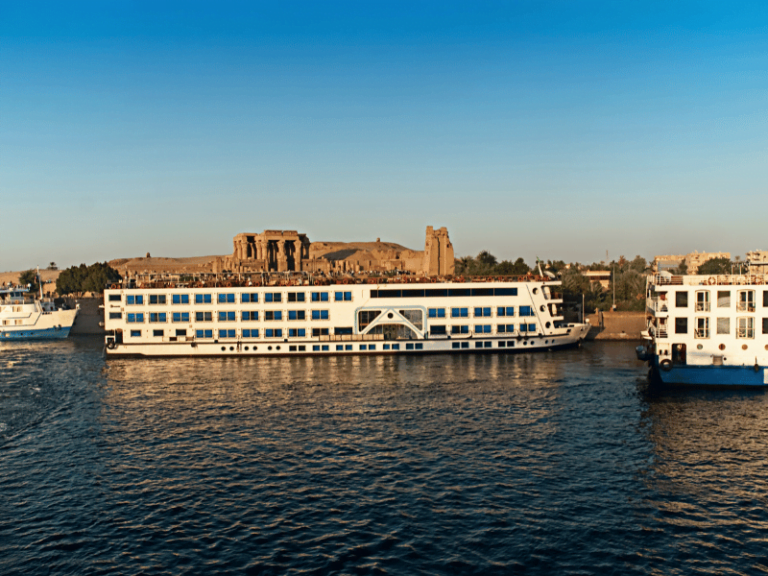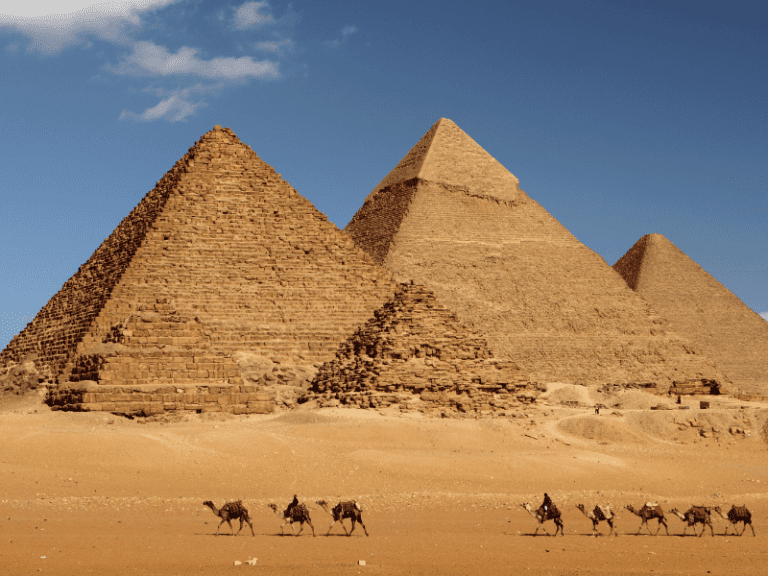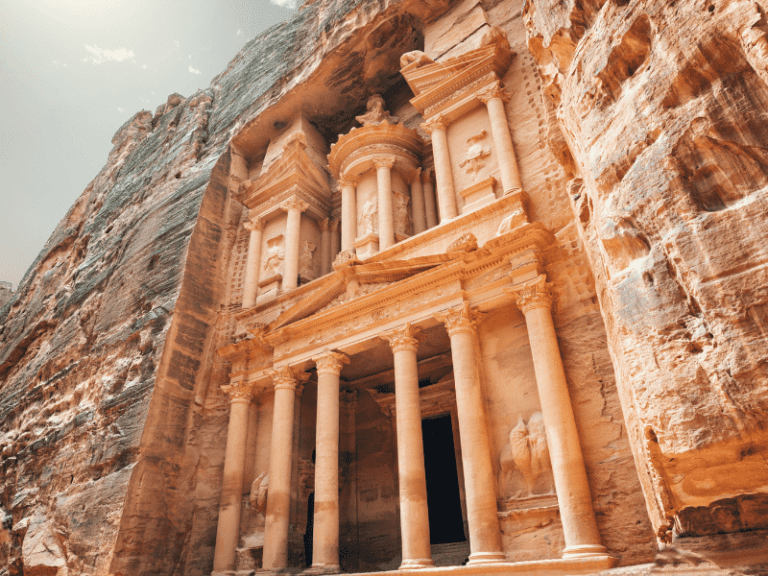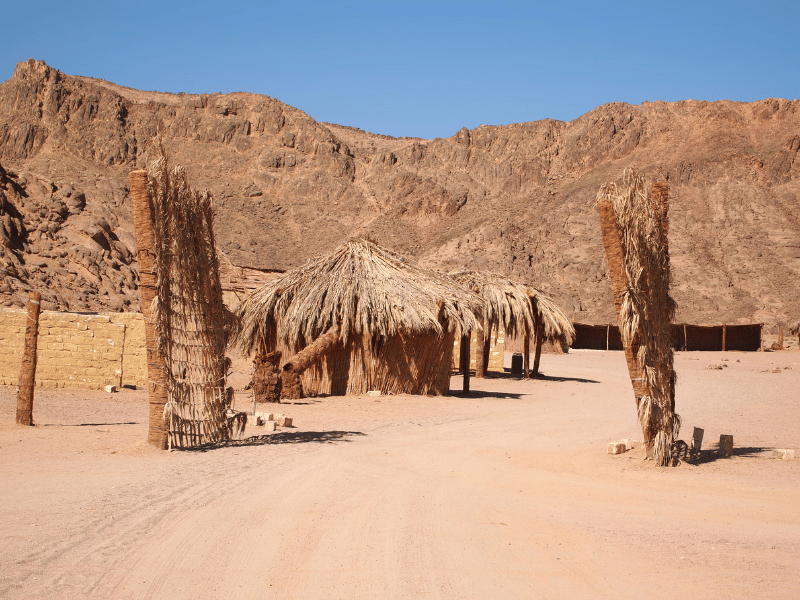The ancient Egyptians were not only skilled builders, farmers, and artisans but also lovers of leisure and play. Their games and pastimes reveal much about their culture, creativity, and sense of community. From strategic board games to physical activities, the entertainment of ancient Egypt continues to fascinate modern enthusiasts and offers insights into the daily lives of its people.
Board Games: A Window into Ancient Strategy
Board games were a favorite pastime among the ancient Egyptians, enjoyed by both commoners and royalty. These games were not just for fun; they also held symbolic and spiritual significance.
-
Senet:
-
One of the oldest known board games, dating back to 3100 BCE.
-
Played on a grid of 30 squares with pieces moved based on dice or sticks.
-
Symbolized the journey of the soul through the afterlife.
-
-
Mehen:
-
Featured a spiral-shaped board resembling a coiled snake.
-
Players moved their pieces along the snake’s body to reach the center.
-
Associated with protection and divine favor.
-
Physical Games and Sports
Physical activities were an integral part of life in ancient Egypt, serving both as entertainment and physical exercise.
-
Wrestling:
-
Popular among children and adults, with depictions found in tomb paintings.
-
Emphasized strength, agility, and skill.
-
-
Archery:
-
Practiced for sport and military training.
-
Often featured in festivals and competitions.
-
-
Swimming:
-
Essential for those living near the Nile, both as a skill and a recreational activity.
-
Children’s Games and Toys
Children in ancient Egypt enjoyed a variety of games and toys, many of which reflected their environment and culture.
-
Toys:
-
Clay dolls, carved animals, and wooden figures were common.
-
Some toys, like spinning tops and balls, were designed for active play.
-
-
Games:
-
Played with stones, sticks, and other readily available materials.
-
Activities like tug-of-war and hide-and-seek were popular.
-
Leisure Activities for Adults
In addition to games, adults engaged in other leisure activities that fostered relaxation and community bonding.
-
Music and Dance:
-
Central to celebrations and religious ceremonies.
-
Instruments like harps, drums, and flutes accompanied dances.
-
-
Storytelling:
-
Oral storytelling preserved myths, history, and moral lessons.
-
-
Fishing and Hunting:
-
Both practical and recreational, often depicted in tomb art.
-
The Role of Festivals in Entertainment
Festivals were vibrant occasions where Egyptians gathered for communal entertainment and worship.
-
Features:
-
Included music, dancing, feasting, and games.
-
Celebrations often honored gods like Hathor, the goddess of joy and music.
-
-
Competitions:
-
Archery and rowing contests brought excitement and camaraderie.
-
Experiencing Ancient Games Today
Modern travelers can connect with Egypt’s rich heritage by exploring its ancient games and pastimes:
-
Museums:
-
View original game boards and pieces at the Egyptian Museum in Cairo.
-
-
Recreations:
-
Participate in Senet or Mehen demonstrations at cultural centers.
-
-
Nile Activities:
-
Enjoy rowing, fishing, or swimming in the same waters that inspired ancient leisure.
-
Why Ancient Games Matter to Modern Travelers
Learning about the games and pastimes of ancient Egypt provides a unique perspective on their culture and values. It highlights the importance of joy, competition, and community in one of history’s most remarkable civilizations. With Travel Joy Egypt, you can explore this playful side of history and bring the past to life.
Conclusion: A Joyful Glimpse into Ancient Lives
The games and pastimes of ancient Egypt reveal a civilization that valued leisure as much as labor. Whether playing a game of Senet or competing in a festival archery contest, the Egyptians found ways to balance work and play. As you journey through Egypt, take a moment to reflect on these timeless pursuits and their enduring legacy.












